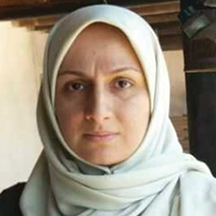Physicians’ incentives and rising births by c-section: evidence from Iran
In many countries of the Middle East and North Africa, rates of caesarean deliveries are above what is recommended by the World Health Organization. This column summarises new research that evaluates the effects of a major healthcare policy in Iran in which doctors and patients received financial incentives to opt for vaginal delivery instead of c-section.


